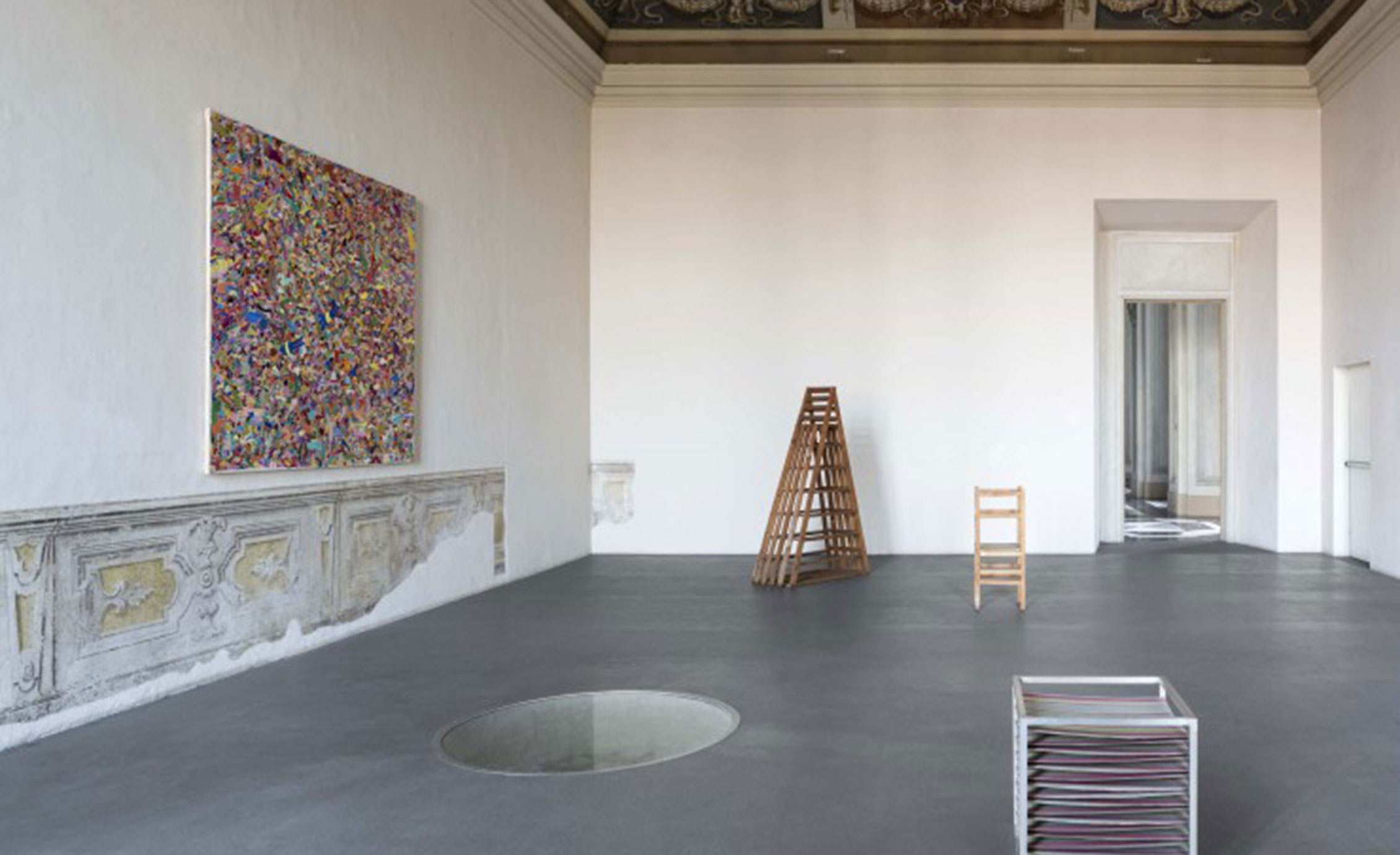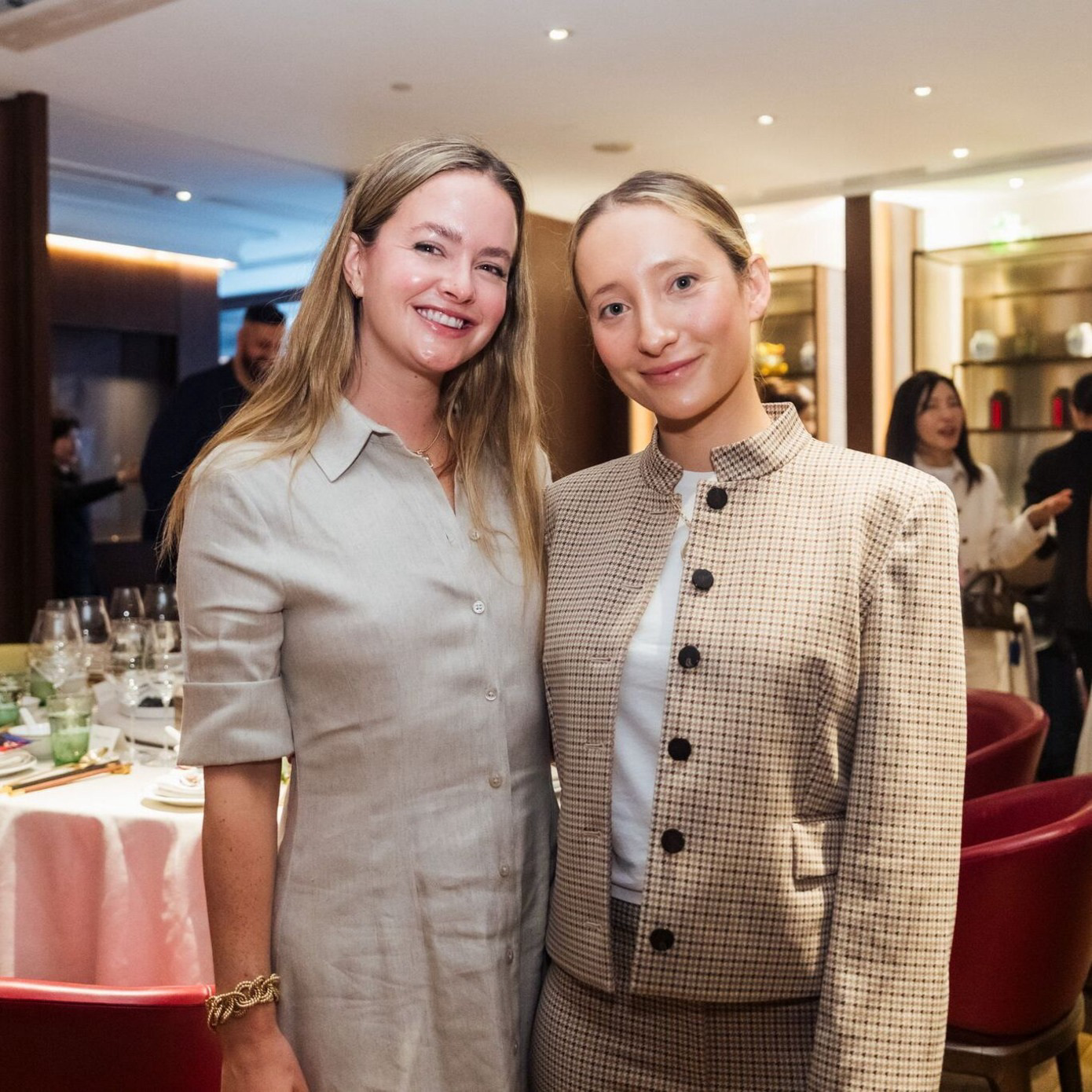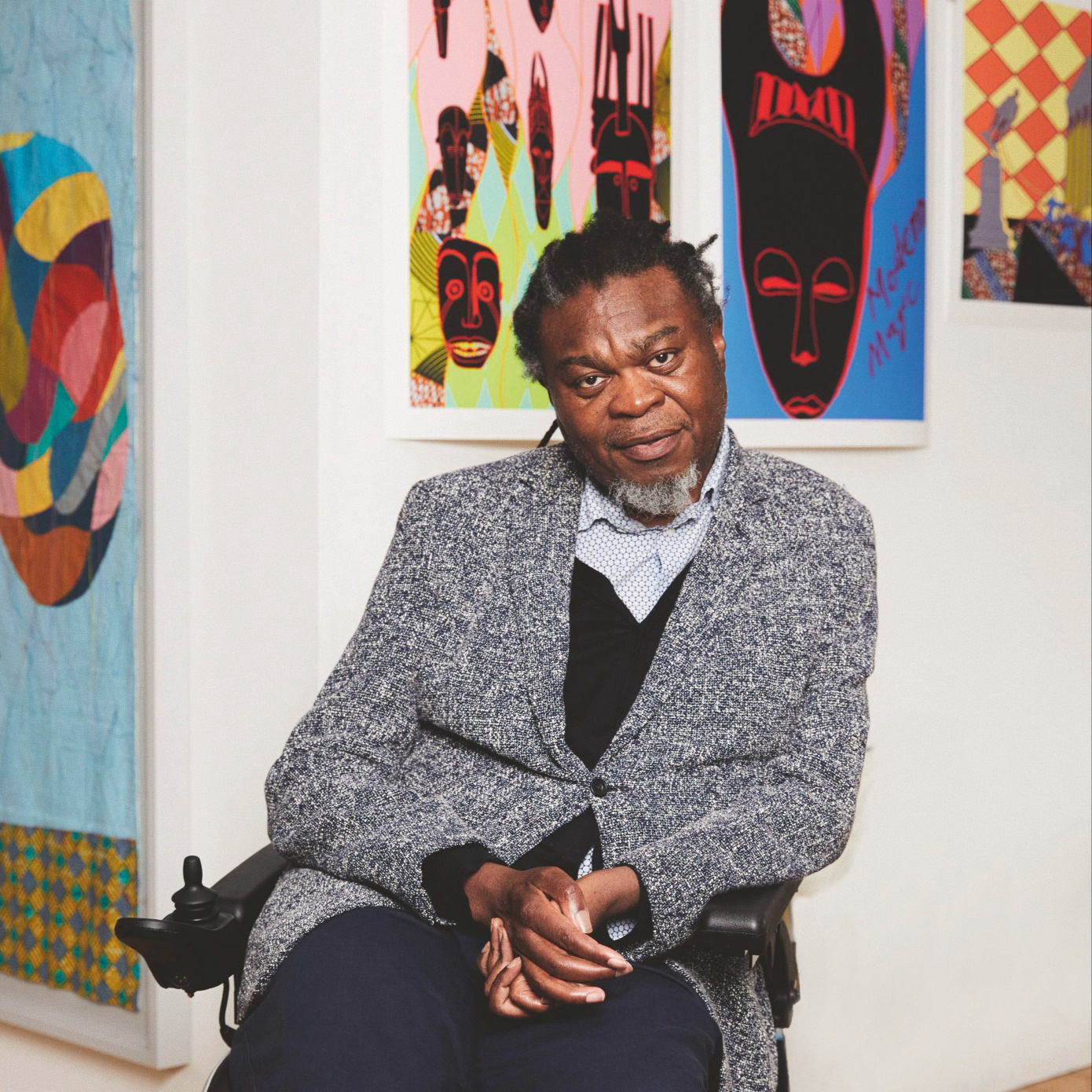
In 2012, Carolyn Christov-Bakargiev won rave reviews for her handling of Documenta, the sprawling exhibition that takes over Kassel, Germany, every five years. The show, which mixed contemporary art with scientific projects and art-historical and political artifacts—including Afghan artworks saved from the Taliban and a photograph of Hitler’s bathtub—seemed so in tune with the world’s concerns that she has been acclaimed as an important curator ever since.
Last September, she did it again with the Istanbul Biennial. Its title, “Saltwater: A Theory of Thought Forms,” seemed hazy when it was announced last April, with a curatorial statement that began: “With and through art, we commit ourselves to the possibility of joy and vitality, leaping from form to flourishing life.” But by September when the show opened, the theme suddenly turned sharply relevant as refugees piled onto boats and the salt water of the Bosphorus filled up with bodies, dead and alive.
Christov-Bakargiev maintains her timing wasn’t just lucky. “I am very sensitive to what goes on in the world in terms of politics, society, research, philosophy,” she says. And while the number of desperate refugees had suddenly become newsworthy, she adds that anyone paying attention would realize that others had been making the crossing for years. “It’s not a new story, so if you’re going to do a biennial on the Mediterranean, you’d better be aware of this history,” she says.
Now Christov-Bakargiev is training her sights on a more traditional project: Since January 1, she has been the director of Turin’s most important contemporary art museums, the Galleria Civica d’Arte Moderna e Contemporanea di Torino (GAM), and Castello di Rivoli Museo d’Arte Contemporanea, which will merge in a few months. GAM, founded in 1863, is Italy’s oldest museum of modern art, and the Castello, Italy’s first contemporary art museum, opened in 1984.
Christov-Bakargiev already knows the area and its museums well: She was the Castello’s chief curator from 2002 to 2008 and its interim director in 2009. Though she was born and raised in America, she completed her undergraduate studies at the University of Pisa, just four hours away.
Throughout the fall, working as a consultant, Christov-Bakargiev reinstalled the Castello’s permanent collection in preparation for her new position, giving many of its artists solo installations—a tactic designed to show off the unique features of the building, a Savoyard castle filled with 18th-century frescoes, stuccowork and marquetry, as much as the artwork. “Each room is like a universe,” she says. Inside these worlds, she has installed major works by the Arte Povera artists the region is known for, including Mario Merz, Alighiero Boetti and Michelangelo Pistoletto. Her major spring show, which opened April 5, will present new work by Giovanni Anselmo, whose studio is nearby. “We have the most important collection of Arte Povera in the world,” says Christov-Bakargiev, “and I wanted to land here with a great homage. I think that’s what people coming from abroad really want to see.”
She has also installed other iconic works associated with the museum, like Olafur Eliasson’s The Sun Has No Money (2008), which transforms a room with a vaulted brick ceiling into a planetarium, and Maurizio Cattelan’s 1997 Novecento, a taxidermied hanging horse.
 Maurizio Cattelan’s Novecento, 1997.
Maurizio Cattelan’s Novecento, 1997.
Christov-Bakargiev also has big plans for GAM, whose collection goes back to the 18th century, with work by Futurists like Giacomo Balla and the Italian social realist Giuseppe Pellizza da Volpedo. “I feel it’s important to build alliances to other fields and other disciplines, but also to build exhibitions that connect different historical periods,” she says. “I don’t focus only on the contemporary.”
Her first show there, also opening in April, is “Organisms.” It will combine glass vases by the French Art Nouveau artist Emile Gallé, Pierre Huyghe aquariums and walls of living plants designed by the French botanist Patrick Blanc. “My hypothesis is that we are living in a period which is a little bit similar to Art Nouveau in our critique of the Anthropocene,” she says. In the future, Christov-Bakargiev hopes that some of the artists she has worked with over the years, like William Kentridge, may curate shows themselves.

“She’s capable and passionate, she has a big imagination and she chooses artists whom she really cares about,” says Marian Goodman, the dealer who represents Kentridge. “And that’s always a good combination.”
“Maybe the reason I like to work with her is that it is the idea itself that determines the project,” says Lawrence Weiner, another artist who has collaborated with her for decades. “This thing about curators not listening to what artists say and placing them within a category—Carolyn breaks that. And she did from the very first moment.”
Through group exhibitions like Documenta, Christov-Bakargiev also brought many younger artists to the world’s attention. They include Egypt’s Wael Shawky, whose Cabaret Crusades film trilogy— which retells the story of the Crusades from an Arab perspective using marionettes—was a hit last year at New York’s MoMA PS1 and in Istanbul, and Argentina’s Adrián Villar Rojas, whose sculptures of animals clambering from the sea were showstoppers at Istanbul. In November, Christov-Bakargiev will mount Shawky’s retrospective at the Castello, and when we spoke, she was installing Villar Rojas’ hippo sculpture there, too. Both artists speak glowingly about the experience of working with her.
 The interior of Castello di Rivoli.
The interior of Castello di Rivoli.
Although Shawky had previously shown the first Cabaret Crusades film at international venues, “what made it really popular was Documenta,” he says. “Carolyn did it the way I wanted,” by presenting it as an installation. Working together, they hammered out every detail, and it was the same way in Istanbul, he added, where she found a hamam to present the complete trilogy.
As for Villar Rojas, Christov-Bakargiev “absolutely modified my perspective about my practice and my whole understanding of my art,” he says. “Every time I’m with her, I feel like I’m back at university, just a student taking notes.” The secret of her success, Villar Rojas adds, is that “she’s a never-ending hyper-connectivity machine. She can connect and create relations with anything.”




